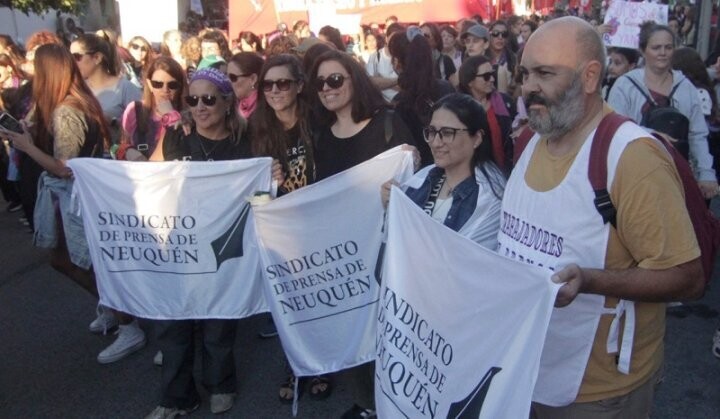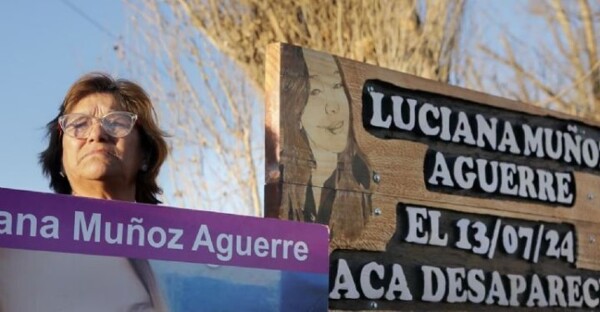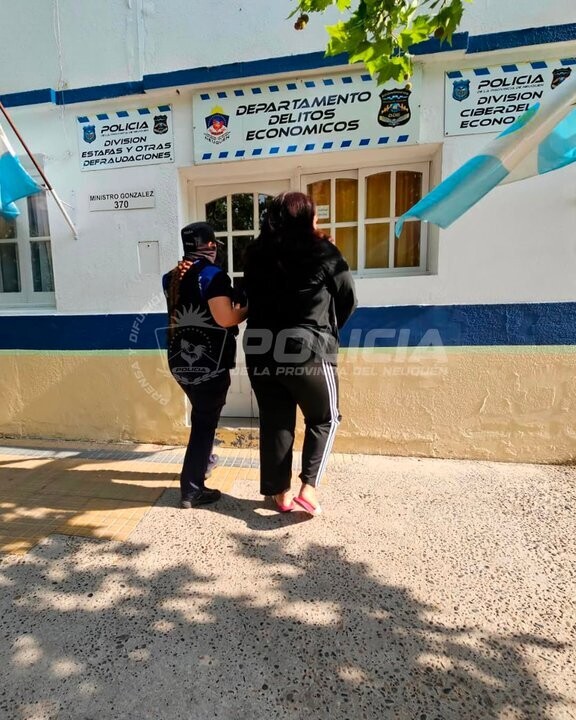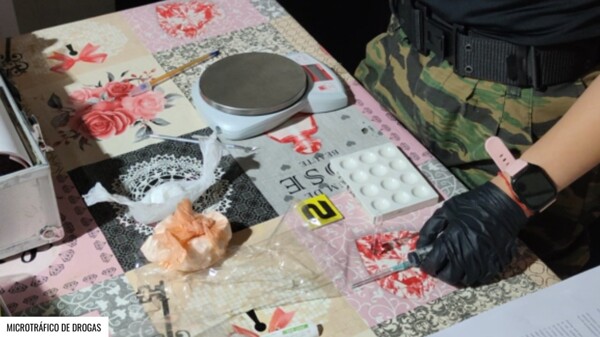
On November 6, the Neuquén Press Union will hold elections for its new leadership in a challenging context of poverty-level salaries, precarious employment, dismissals, and censorship.
Romina Vega, head of the only list running for election, stated that the main problems facing media workers are low wages and the loss of rights. "This shows how a labor reform promoted by the new government and right-wing sectors is being implemented in practice, where workers lose conquered rights and are left with fewer benefits," she emphasized.
Vega also noted that one of the main goals for the new leadership is to restore the union's presence on the streets and strengthen membership. "We want everyone to feel they have a place to turn to when they face a labor problem," she added.
Furthermore, Romina Vega spoke of censorship as a serious problem at both national and provincial levels. "In Neuquén, there is the case of a public official who used his position to intimidate journalists who published information about the mother of his son," she gave as an example.
The union is also fighting to preserve Law 12.908, which is under pressure to be repealed. "We are asking for 40% because most collective agreements in the region have this percentage. Increasing this item would not only benefit Neuquén workers but also raise the percentage in other southern provinces," explained Vega.
Key problems facing journalists in Argentina: • Poverty-level salaries that do not even reach half the basic food basket. • Precariousness and multi-tasking. • Being rehired as monotributistas (self-employed on a special tax regime), losing labor rights. • Arbitrary dismissals. • Censorship and pressure on journalists.
One of the main objectives for the new leadership of the Neuquén Press Union is to expand the representation of journalists from the province's interior regions to ensure closer communication and support for all union members.














